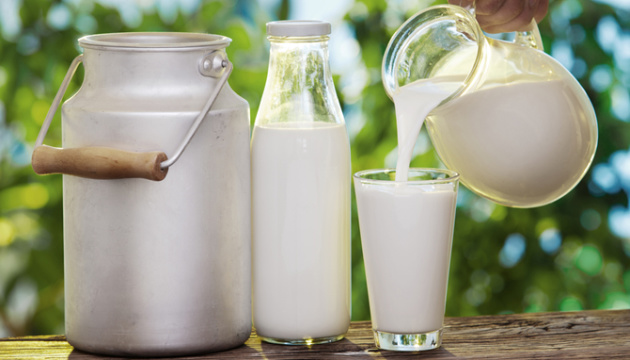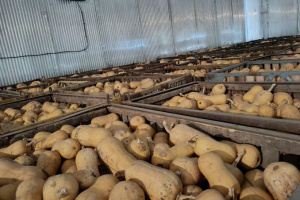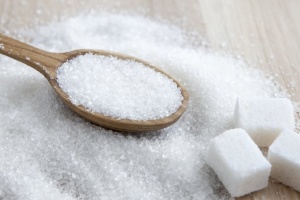
Procurement prices for milk have stabilised in Ukraine - industry association
According to Ukrinform, this was reported by the Association of Milk Producers (AMP).
"Purchase prices stabilised in the second half of June, as the production and processing of raw milk reached a balance. There are even prerequisites for a shortage of milk in the market in the near future, which may affect further growth in purchase prices," said Giorgi Kukhaleishvili, an analyst at the AMP.
As of 20 June, the average purchase price of extra-quality milk was 13.69 UAH/kg excluding VAT (4 kopecks less than a month ago). The range of prices for this grade on farms varies from 13.20 to 14.20 UAH/kg excluding VAT.
The highest grade is priced at an average of 13.69 UAH/kg excluding VAT (-4 kopecks). Prices for premium milk range from 13.20 to 14.20 UAH/kg excluding VAT.
The average price for first-class milk was 12.95 UAH/kg excluding VAT (-10 kopecks compared to the price in the second half of May). The minimum price on farms was 12.65 UAH/kg, and the maximum price was 13.20 UAH/kg. The price range has not changed over the past month.
Accordingly, the weighted average price of the three grades was 13.44 UAH/kg excluding VAT (6 kopecks less than a month ago).
Kukhaleishvili notes that the main factor behind the price stabilisation is the intensification of export activities of Ukrainian dairy companies.
Dairy processing companies use raw materials not only to meet the needs of the domestic market, but also to produce exchange-traded goods for supply to foreign markets. This is driven by the rise in prices for butter, cheese or dried dairy products on the global market in May and the devaluation of the hryvnia.
At the same time, there are conditions on the market for an increase in raw milk prices at the end of the first decade of July.
In general, according to preliminary estimates of the AMP, Ukraine is expected to reduce raw milk production by 2% in 2024.
Further price appreciation can only be restrained by the restriction of milk processing volumes at plants due to the growing energy crisis in Ukraine as a result of Russian missile and air strikes. During periods of prolonged power outages, diesel generators do not have enough capacity to power refrigeration equipment; therefore, companies may refrain from increasing milk processing volumes.
As reported by Ukrinform, as of early June, there was a slight decline in prices for pasteurised milk, yoghurt in glasses and certain cheeses in Ukraine, while prices for cottage cheese and butter remained almost unchanged. The Association of Milk Producers attributed this to restrained demand for dairy products from the population, an increase in milk production in the spring and a drop in purchase prices.




